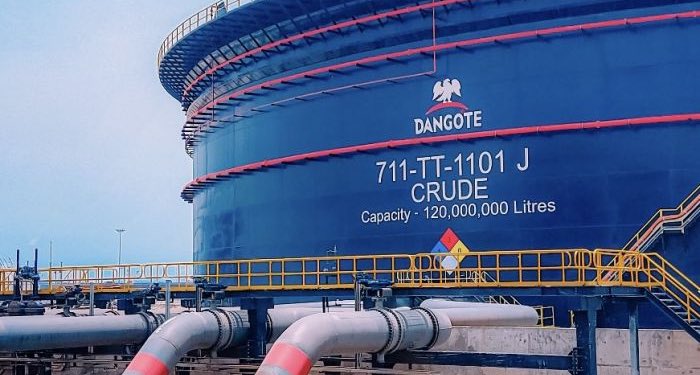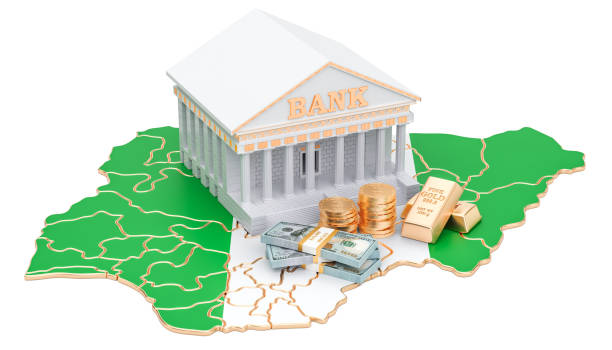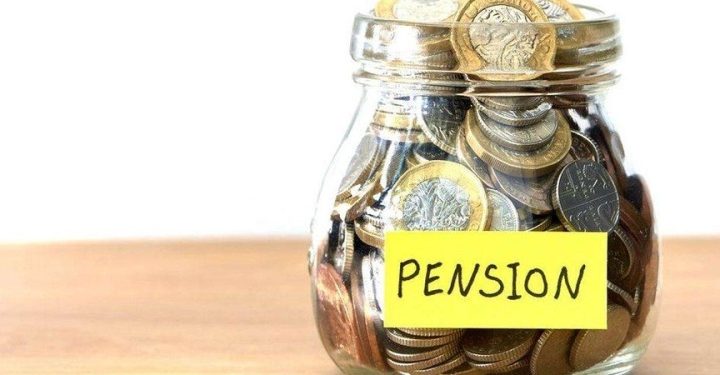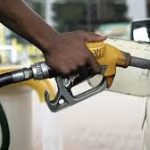Petrol Pricing Talks Ahead of Dangote Refinery Launch
As Nigeria gears up for the imminent launch of the Dangote Petroleum Refinery, discussions on petrol pricing have taken centre stage. The Federal Government’s committee, established to ensure the sale of crude oil to local refineries in naira, is set to finalise critical decisions on how the pricing of Premium Motor Spirit (PMS), commonly known as petrol, will be managed once the refinery starts production next month.
Government’s Dilemma: Market Price or Subsidies?
The central issue in the upcoming discussions revolves around whether the government will continue to subsidise petrol or allow Nigerians to pay the full market price. Wale Edun, the Minister of Finance and Coordinating Minister of the Economy, who leads the committee, confirmed that a series of meetings will be held over the next few weeks to address this.
Join our WhatsApp Channel“There are no easy answers,” an official within the committee admitted, preferring to remain anonymous. “The government must decide between continuing to subsidise petrol, which has been financially draining, or allowing market forces to determine the price.”
Impact of Dangote Petrol Pricing on the Market
Oil marketers have raised concerns that petrol from the Dangote refinery might be priced significantly higher than current pump prices. This has led to fears that if the government does not intervene, the cost of petrol could soar, making it unaffordable for many Nigerians.
READ ALSO: Petrol Landing Cost Now N1,117/litre, MEMAN Reveals
A member of the Implementation Committee explained, “The Dangote refinery is a private enterprise, and it will aim to make a profit. Without subsidies, the price of petrol could rise above N700 per liter, which is well above what most Nigerians are currently paying.”
Current Petrol Pricing and the Subsidy Burden
Currently, petrol sells between N600 and N700 per liter depending on the location. However, the landing cost of the product, as reported by the Major Energies Marketers Association of Nigeria, is about N1,117 per liter. This disparity is largely due to the subsidies that the Nigerian National Petroleum Company Limited (NNPC) has been bearing.
Umar Ajiya, NNPC’s Chief Financial Officer, recently revealed the financial strain that the company has been under. “The NNPC has been providing petrol at about half the landing cost under government directives. This has resulted in a shortfall of about N7.8 trillion in the first seven months of this year alone,” Ajiya stated.
He added, “We’ve not paid a kobo in subsidies to marketers for over eight years, but we’ve been absorbing the difference between the landing cost and the selling price, which is unsustainable.”
Future of Petrol Pricing: What to Expect?
The crux of the ongoing discussions is whether the government will continue this arrangement with the Dangote refinery or allow the refinery to sell petrol at the market rate. According to sources, one option being considered is for the government to subsidise the petrol from Dangote, albeit with a clear exit strategy to phase out subsidies over time.
“The challenge is whether Nigerians can bear the real cost of petrol, especially given the current economic conditions,” another official from the Ministry of Petroleum Resources remarked. “The reality is that without subsidies, the price of petrol will reflect the true cost, which is currently over N1,100 per litre.”
Logistical Challenges and Dollar Shortage
Another significant challenge is the logistical and financial considerations of sourcing petrol domestically versus importing. The Dangote refinery’s operations will be closely tied to the exchange rate and the availability of dollars, which are in short supply. The committee is also working on a framework to benchmark the exchange rate for crude oil sales to the refinery.
“The lack of dollars is a big issue, but we are in discussions with the African Export-Import Bank (AfreximBank) to find a solution,” a committee member disclosed.
Oil Marketers’ Perspective
Oil marketers have expressed cautious optimism but remain concerned about the potential pricing. A senior official of the Major Energies Marketers Association of Nigeria (MEMAN) noted, “We are ready to support the government and Dangote, but the pricing must be realistic. We cannot buy at high prices and then be expected to sell at lower, regulated prices.”
The Independent Petroleum Marketers Association of Nigeria echoed similar sentiments, with its National Operations Controller, Mustapha Zarma, stating, “Unless there is government intervention, we might not be able to purchase petrol from Dangote at the current capped prices. The government will need to review its capping policy or provide some form of relief.”
The Road Ahead
As the committee continues its deliberations, all eyes are on the Federal Government and the Dangote refinery. The outcome of these talks will have a significant impact on petrol pricing in Nigeria, potentially marking the end of subsidies as the country transitions to a more market-driven pricing model.
“Whatever decision is made, it must consider the welfare of the average Nigerian,” concluded a member of the committee. The coming weeks will be crucial in determining how Nigeria navigates this complex issue.
Emmanuel Ochayi is a journalist. He is a graduate of the University of Lagos, School of first choice and the nations pride. Emmanuel is keen on exploring writing angles in different areas, including Business, climate change, politics, Education, and others.
- Emmanuel Ochayihttps://www.primebusiness.africa/author/ochayi/
- Emmanuel Ochayihttps://www.primebusiness.africa/author/ochayi/
- Emmanuel Ochayihttps://www.primebusiness.africa/author/ochayi/
- Emmanuel Ochayihttps://www.primebusiness.africa/author/ochayi/


















Follow Us